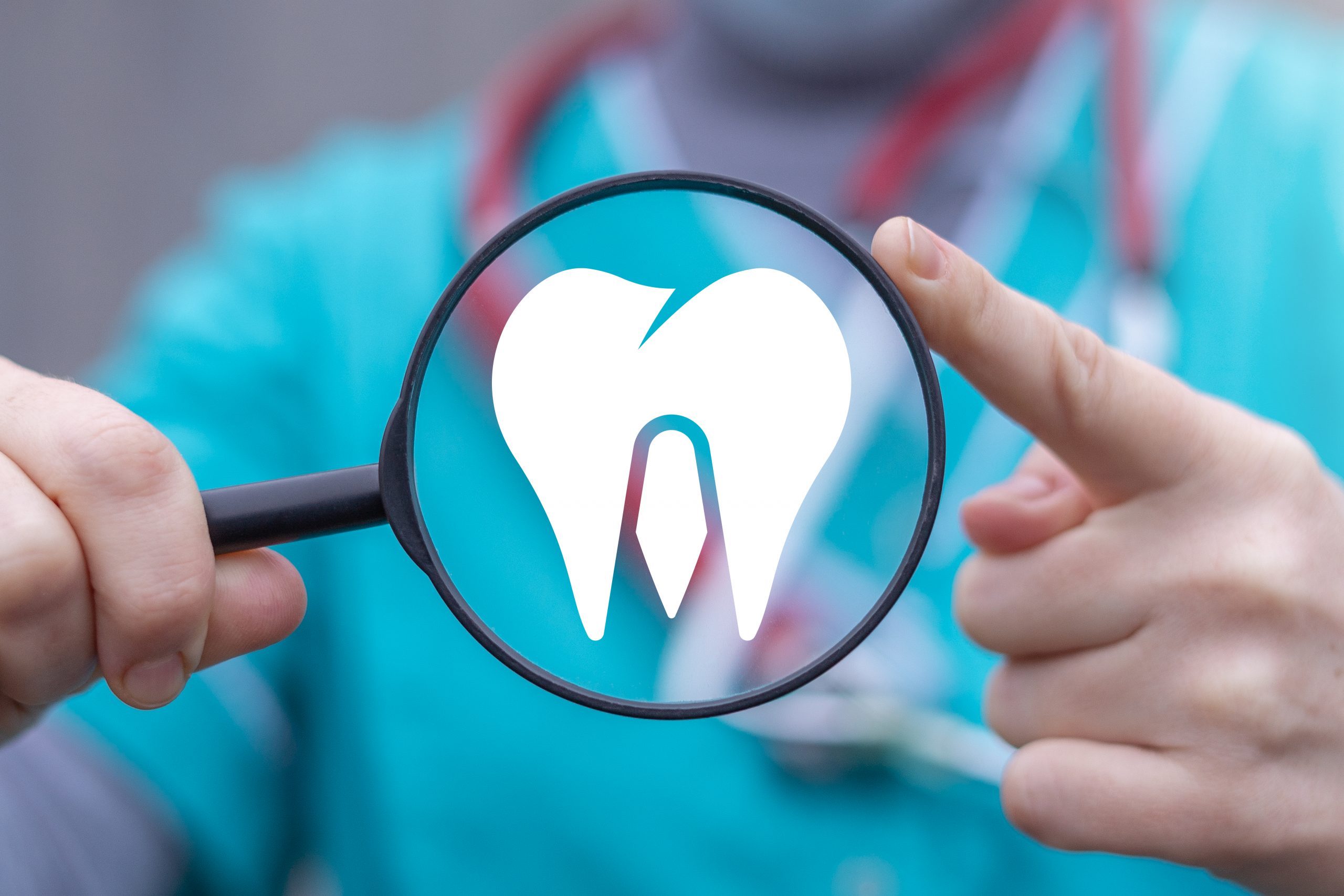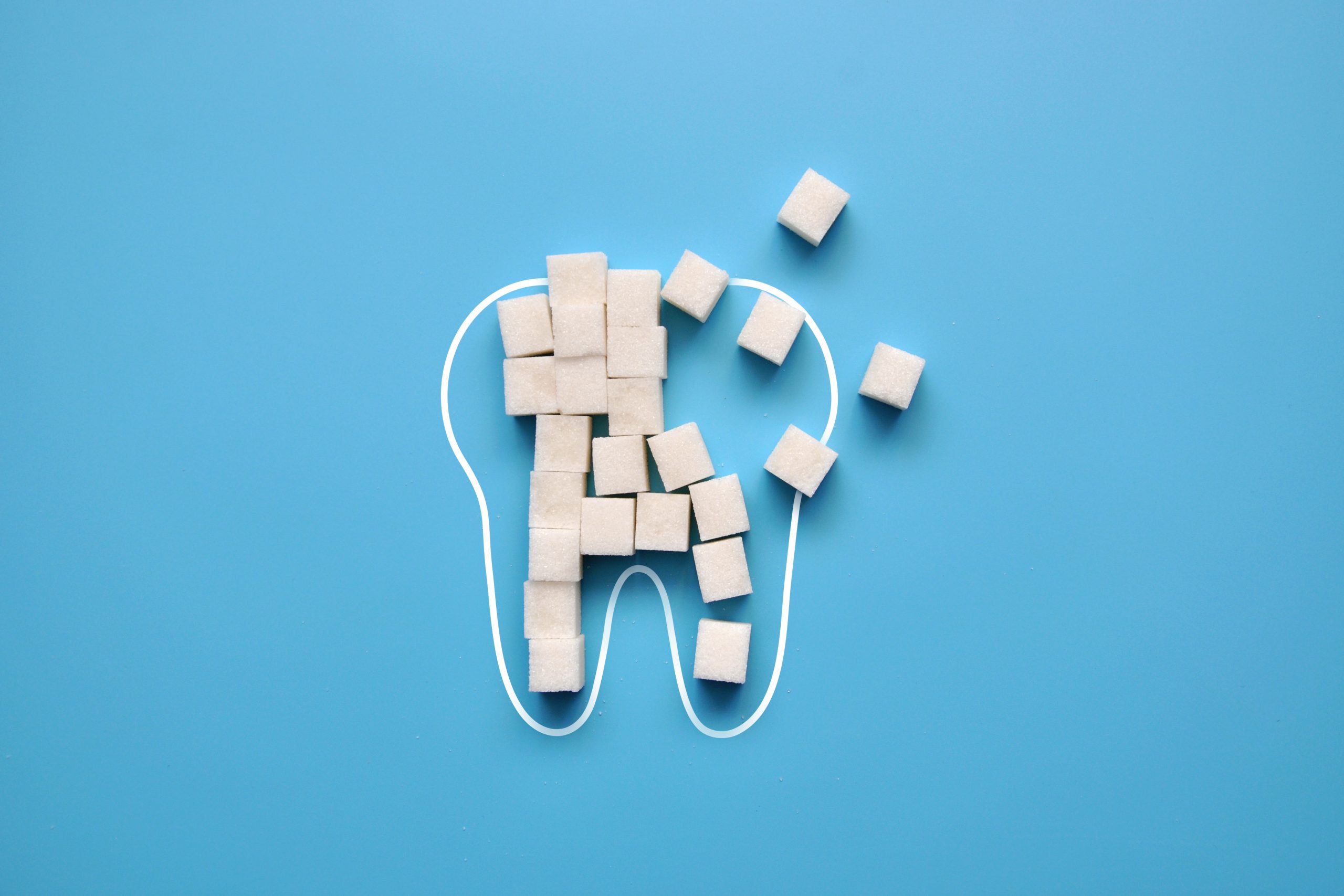When it comes to maintaining good oral hygiene, brushing your teeth is only one part of the equation. Flossing, often overlooked or neglected, plays a crucial role in keeping your teeth and gums healthy. Regular flossing removes plaque and debris from between your teeth and along the gumline, where your toothbrush cannot reach. In this article, we will explore the numerous benefits of flossing for dental health, emphasizing the importance of incorporating this simple yet effective practice into your oral care routine.
- Plaque and Tartar Removal: Flossing helps remove plaque, a sticky film of bacteria that forms on the surfaces of your teeth. If left undisturbed, plaque can harden into tartar, a hardened form of plaque that cannot be removed by regular brushing alone. By flossing daily, you can effectively remove plaque and prevent tartar buildup, reducing the risk of tooth decay and gum disease.
- Gum Disease Prevention: Gum disease, also known as periodontal disease, is a common condition that affects the gums and bone supporting the teeth. Plaque buildup along the gumline can lead to gum inflammation and infection. Flossing helps remove plaque from these hard-to-reach areas, reducing the risk of gum disease and its associated symptoms, such as swollen and bleeding gums, bad breath, and tooth loss.
- Cavity Prevention: Flossing complements brushing by removing food particles and plaque from between the teeth, which are prime areas for cavity formation. When plaque and food debris are not adequately removed, bacteria in the mouth produce acids that attack tooth enamel, leading to tooth decay. By flossing daily, you can significantly reduce the risk of developing cavities and maintain healthier teeth.
- Fresh Breath: Proper oral hygiene, including flossing, contributes to fresher breath. Flossing removes trapped food particles and bacteria that can contribute to bad breath. Regularly flossing between your teeth and along the gumline helps keep your mouth clean and fresh, enhancing your overall oral health and confidence.
- Improved Gum Health: Flossing stimulates the gums and improves blood circulation, promoting healthier gum tissue. By gently sliding the floss between your teeth and below the gumline, you can remove plaque and debris that can irritate and inflame the gums. Healthy gums are essential for maintaining strong teeth and overall oral health.
- Enhanced Aesthetic Appeal: Flossing not only contributes to oral health but also enhances the aesthetic appeal of your smile. When you floss regularly, you can prevent the buildup of plaque and tartar that can discolor and stain your teeth. Flossing helps maintain brighter and cleaner teeth, leading to a more attractive smile.
- Overall Health Benefits: Good oral health is closely linked to overall health and well-being. Research has found associations between poor oral health and various systemic conditions, including heart disease, diabetes, and respiratory infections. Flossing plays a vital role in maintaining oral health, reducing the risk of these systemic diseases, and promoting overall well-being.
- Cost-Effective: Incorporating flossing into your daily oral care routine is a cost-effective measure. By investing a few minutes each day in flossing, you can prevent potential dental issues that may require more extensive and expensive treatments in the future. Flossing is a simple and affordable way to maintain good oral health and potentially save on dental costs.
- Improved Effectiveness of Other Oral Care Practices: Flossing enhances the effectiveness of other oral care practices, such as brushing and using mouthwash. By removing plaque and debris from between your teeth, flossing allows toothpaste and mouthwash to reach more surfaces, ensuring a more












